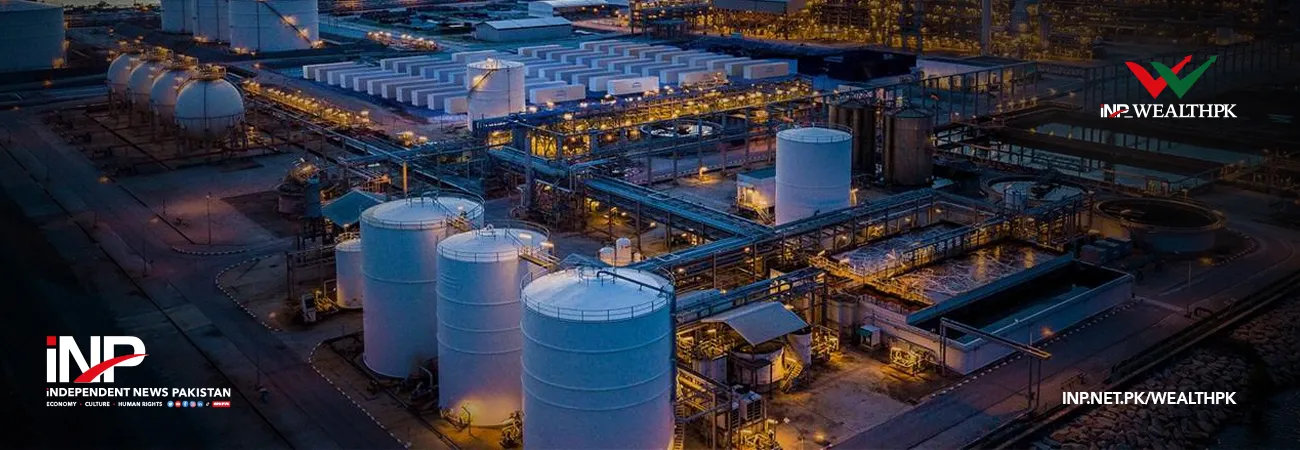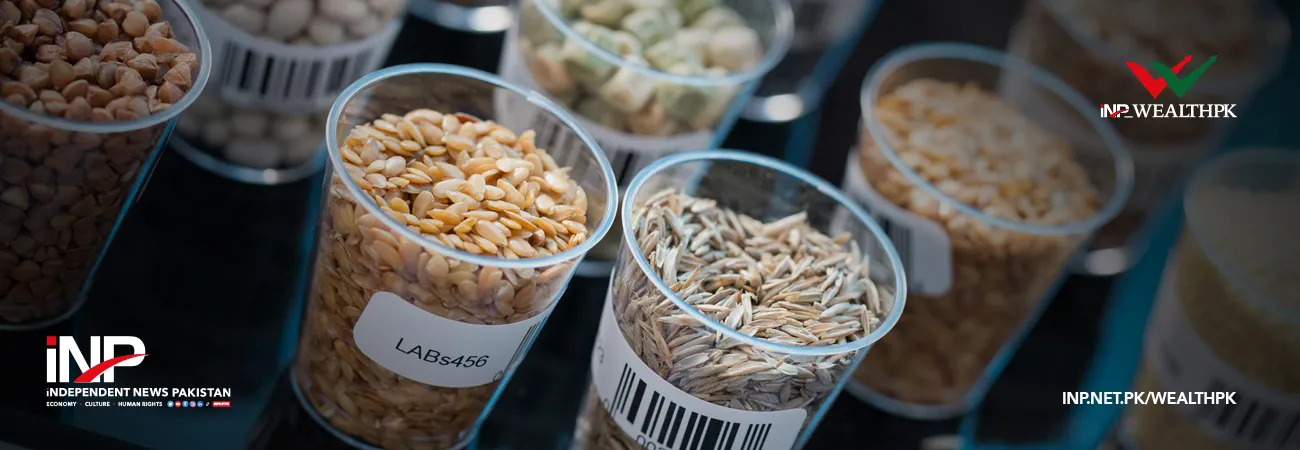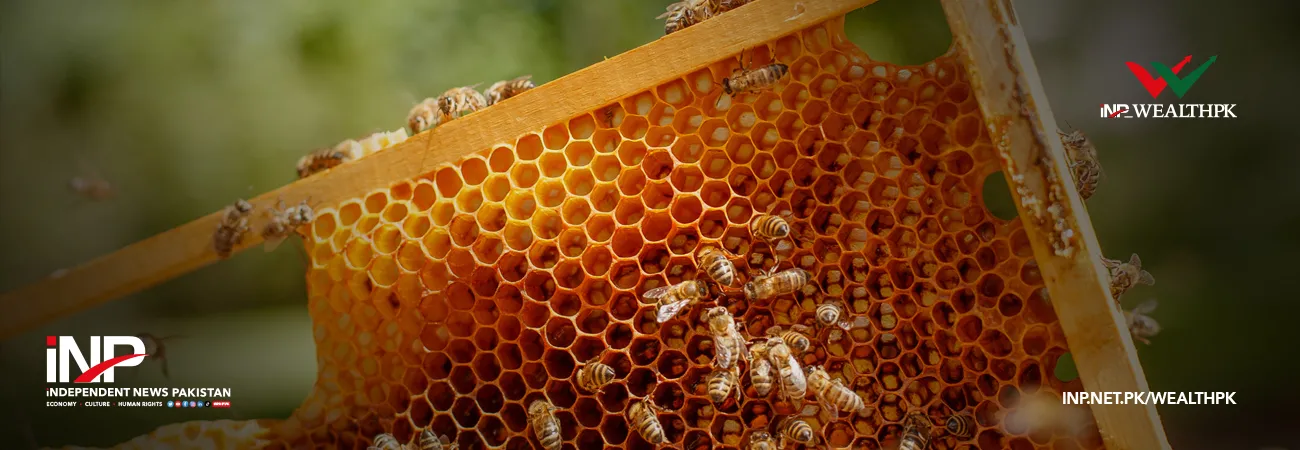INP-WealthPk
The Pakistan Industrial and Traders Associations Front (PIAF) has urged the government to review its tight monetary policy stance because the current policy will further depress domestic demand and industrial growth.
PIAF Chairman Faheem Ur Rehman Saigol in a statement received by WealthPK said that growth in large-scale manufacturing is already negative as industries are poised to face the impact of high input prices and gas shortage in winter. The high markup rate is another threat to them, he pointed out.
The high interest rates in a low-growth environment will create bad debts in the private sector and squeeze fiscal space for development, he said, adding that the current monetary policy will also stifle capital formation both in the public and private sectors.
Faheem said that despite nominal growth, inflationary pressures are again building up in the economy while the steep depreciation of the rupee is pushing up prices of imported industrial inputs. This will further cripple industrial activities, he observed.
The PIAF chairman said that it is high time that the government should revise interest rates to turn Pakistan into a production economy. “Our future lies in strengthening the production sectors, but that would require the government to cut the cost of credit as there is no justification to keep interest rates that high, particularly when this policy is unlikely to produce the desired results in the wake of cost-push inflation,” he added.
Faheem noted the economy has slowed considerably since the last Monetary Policy Committee meeting. Most demand indicators were lower in both July and August than in the same period last year, including sales of cement, petroleum products and automobiles, he added.
On the supply side, he said, electricity generation declined for the third consecutive month in August, falling by 12.6% year-on-year. In July, large-scale manufacturing declined by 1.4% year-on-year, its first contraction in two years, largely driven by broad-based deterioration in domestically-oriented sectors, he added.
According to the PIAF chairman, the recent floods may adversely affect the cotton and rice output as well as the livestock sector. He said the current account deficit shrank for the second consecutive month in August to only $0.7 billion, almost half the level in July.
In September 2022, the trade deficit contracted sharply by 19.7% month-wise and 30.6% yearly to reach $2.9 billion, reflecting a decline in both energy and non-energy imports amid stable exports, he said. During the first quarter of the financial year, imports declined by 12.7% year-on-year to $18.7 billion while exports have grown by 1.8% year-on-year to $7 billion, he added.
Looking ahead, he said, the recent floods are likely to result in a greater need for some agricultural imports such as cotton and a few perishable food items. Given secured external financing and additional commitments in the wake of the floods, the forex reserves should improve through the course of the year, he added.
Talking about the fiscal sector, he said, in July fiscal outcomes were better than in the same period last year. The fiscal deficit fell to 0.3% of the gross domestic product (GDP) while the primary balance recorded a surplus of 0.2% of the GDP.
The PIAF chairman said that regional countries have maintained their key policy rate at a low level through regulatory tools without throttling growth and Pakistan should also take benefit of such an approach.
Credit : Independent News Pakistan-WealthPk













